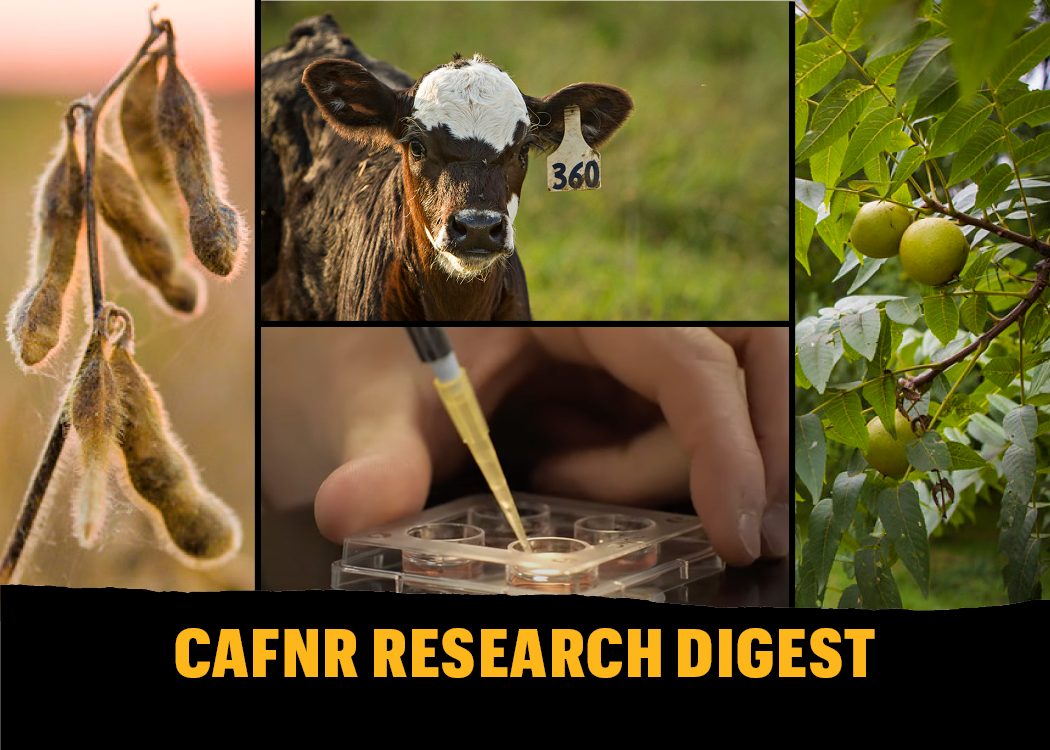|
Abraham Koo, associate professor in biochemistry, received a grant from the National Science Foundation (NSF) for his project titled Regulation of the early steps of wound-activated jasmonate biosynthesis. The award total was for $287,535.
To meet the growing needs of global food production, crop losses due to pests must be minimized. Many pest resistance responses in plants are mediated by a hormonal signal called jasmonate (JA). The broader aim of this project is to understand plants built-in defense mechanisms mediated by JA as an important step toward developing sustainable pest mitigation measures. More specifically, this project will elucidate the very first step(s) of JA biosynthesis and how it is linked to the perception of pest attacks by the plant cells.
“Available evidence points towards involvement of enzymes called lipases that hydrolyze that membrane lipids as primary regulatory point,” said Koo. “Uncovering biochemical regulation of lipases has potential applications in the food, cosmetic, detergent and pharmaceutical industries.”
Membrane ion channels analogous to those involved in animal neurotransmissions are involved in pest-activated defense responses in plants.
“Learning how these elements are organized and engaged to carryout analogous functions across kingdoms is fascinating and will lead to more fundamental understanding about cell signaling.”
This project will contribute to STEM education and public science literacy in several ways, the first being undergraduate participation in research will be promoted directly and indirectly through the PI’s core and institutional programs. Secondly, public science literacy will be enhanced through Sci-LiFT (Science Literacy for Future Teachers) program aimed at including future secondary school science teachers in authentic research. Training in future teachers and undergraduates will have far reaching impacts on society, Koo said.
|
